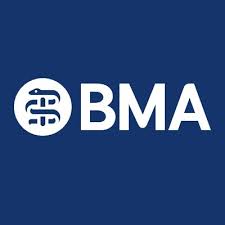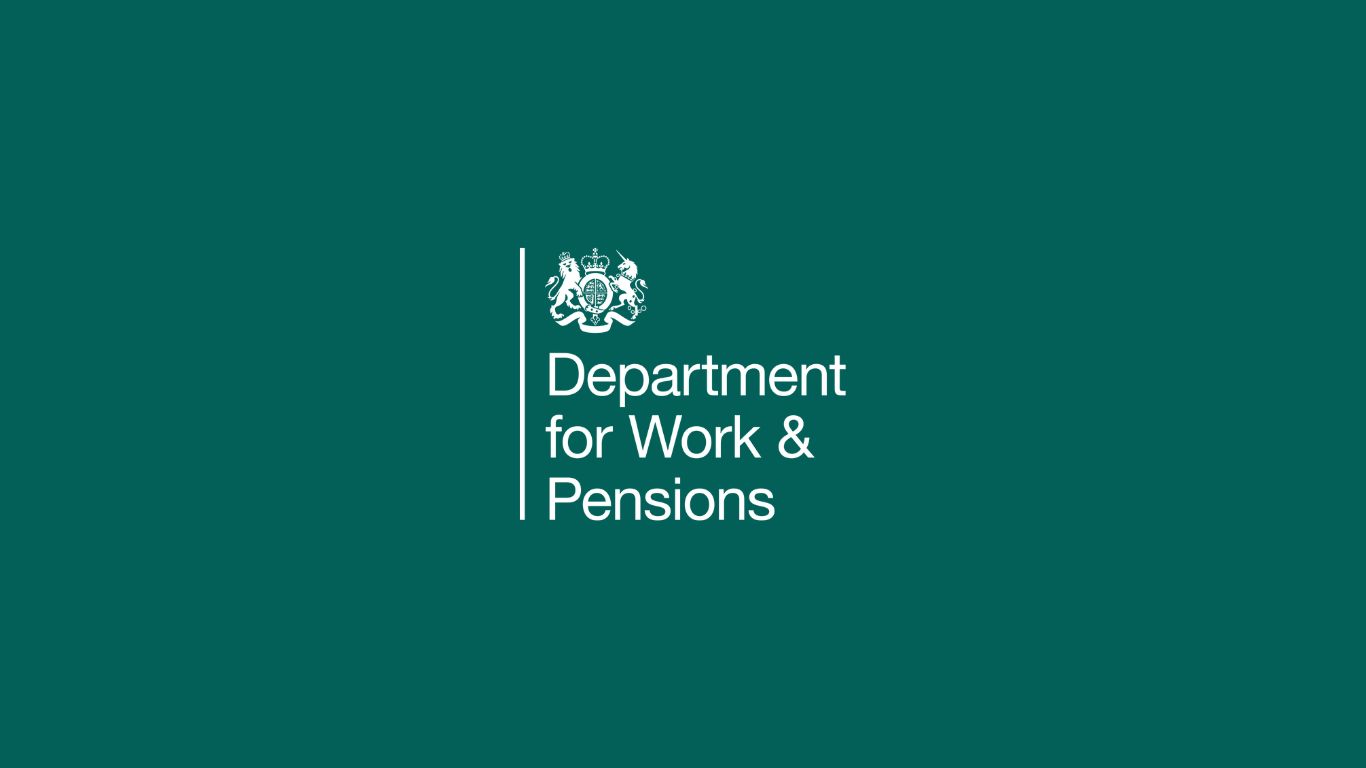CQC Interview Questions for Registered Managers
Requirements for Registered Managers
Current requirements and guidance are can be found on the CQC's website. The application form covers the following areas:
- Introduction
- Criminal record checks
- References
- The application form
- Final checks and common errors
- Submitting your application
- Next steps
If you are applying for registration online using our Provider Portal, you do not need to use our Word application form. We explain how you can be invited to apply through the portal in our introduction.
Role of the Registered Manager
A summary of the role of the Registered Manager can be accessed here.
Regulations will have a registered manager who:
- Is of good character.
- Is able to properly perform tasks that are intrinsic to their role.
- Has the necessary qualifications, competence, skills and experience to manage the regulated activity.
- Has supplied them with documents that confirm their suitability.
Application guidance is downloadable here.
CQC Made Easy - Questions for Registered Managers
Managers who have applied for registration will receive a phone call from the CQC prior to them registering you. Below is a selection of questions that the interviewer MAY ask you. The interview usually lasts for about 30 minutes but can be longer. It is advisable to have a copy of your CQC application form in front of you and a copy of the Fundamental Standards. It may also be useful to have a copy of the practice's Statement of Purpose to hand. You will also find it helpful to read the specific guidance for registered managers which can be found on the CQC website. Also familiarise yourself with the Health and Social Care Act 2008.
The questions below are set out in sections and are divided into questions about you, those related to the outcomes in the standards and finally your understanding of the regulatory framework. Please note that these questions are for guidance only. The questions may not necessarily be the same at interview.
Questions about you. . .
Define your job role within the practice.
How long have you worked at the practice and how many days a week do you work there?
What do you understand your main responsibilities to be as a registered manager?
When thinking about your response, think about how you as a manager will continue to ensure compliance with the Fundamental Standards. The Standards are set out below:
- care and treatment must be appropriate and reflect service users’ needs and preferences.
- service users must be treated with dignity and respect.
- care and treatment must only be provided with consent.
- care and treatment must be provided in a safe way.
- service users must be protected from abuse and improper treatment.
- service users’ nutritional and hydration needs must be met.
- all premises and equipment used must be clean, secure, suitable, and used properly.
- complaints must be appropriately investigated, and appropriate action taken in response.
- systems and processes must be established to ensure compliance with the Fundamental Standards.
- enough suitably qualified, competent, skilled, and experienced staff must be deployed.
- persons employed must be of good character, have the necessary qualifications, skills, and experience, and be able to perform the work for which they are employed.
- registered persons must be open and transparent with service users about their care and treatment (the duty of candour).
Try to give at least one example of how the practice does this in at least one area. Also try to include how you as a manager keep in touch with the operational matters within the practice. An example of this would be being present at the practice at least 3 days a week.
Also think about the special skills and qualities that you have to fulfil your role as a registered manager. This could be being senior partner or safeguarding lead etc.
What do you understand to be your legal responsibility as a registered manager?
You will need to demonstrate that you understand your legal obligations to comply with the regulations as set out in the Standards. Be clear about what was said in your application about your current compliance status and be ready to discuss any action plans with the interviewer.
One of your main responsibilities as a registered manager is how you address staff wellbeing and to notify the CQC of any serious events that happen within the practice such as:
Events and incidents
- Absence of a registered individual for 28 days or more
- Allegations of abuse (safeguarding)
- Death of a detained mental health patient
- Death of a person using the service
- Death of a registered provider (and plans for the service)s
- Events that stop a service running safely and properly
- Liquidator or trustee's plans for a service
- Outcome of an application to deprive a person of their liberty (DoLS)
- Police involvement in an incident
- Return of a registered individual after an absence of 28 days or more
- Serious injury to a person using the service
- Unauthorised absence
Changes to your registered details
- Change contact details
- Change of an individual's name
- Changes to your statement of purpose
- Insolvency
- Nominated individuals, officers and directors
- Partnership members
- Provider stopping regulated activities
- Provider's name and address
- Registered manager for an activity
Fundamental Standards of Quality and Safety Outcomes
Key lines of Enquiry
- Leadership
- Governance, risk, and performance
- Vision and strategy
- Engagement
- Culture
- Improvement
Information and Involvement
How do you involve service users in changes to your practice?
Examples of this may be suggestion boxes, PPG (including virtual PPG, try to involve a range of service users in terms of gender, age, and diversity) also include practice satisfaction surveys.
How does your practice show that it considers equality, diversity, and human rights issues?
You may want to include disability access, hearing loops, large print or braille leaflets, and leaflets in other languages or interpreters.
How do you arrange and provide services for people with learning disabilities, autism and dementia?
How does your practice achieve formal and informal feedback from patients?
You may want to include your patient and staff satisfaction surveys, suggestion boxes, PPG, complaints, and significant event reporting.
Personalised Care, Treatment and Support
How do you ensure that you achieve valid consent for each patient?
Think about what policies and procedures you have in place within the practice to ensure that treatment options are explained fully and recorded accurately.
What arrangements have you in place if a service user wishes to speak in confidence about an issue?
Examples may include availability of a private room.
What facilities do you have for patients with special needs?
Refer to the previous questions on equality and diversity. You may want to focus on practical issues such as disabled ramps and toilets, hearing loops and large print or braille leaflets etc.
Safeguarding and Safety
How would you investigate an allegation of abuse within the practice?
Think of the policies and procedures that you have in place and what steps you would take to investigate an incident this may include interviewing staff. Explain at what point you would notify others including the CQC.
How does the practice provide safe services for children and vulnerable adults?
Discuss the practice policies on safeguarding include staff DBS checks. If not all your staff have DBS checks then be prepared to justify why they have not, including reference to risk assessments. Ensure that your staff have been trained in this area if they have not, be prepared to explain to your interviewer how you as a practice are going to achieve this.
Explain your Whistleblowing Policy.
You could also mention holding regular meetings where complaints or critical incidents are discussed.
Explain your infection control processes
Include policies (updated on an annual basis), infection control audits, identified lead for infection control (with evidence of training and updates), cleaning schedules including consulting and treatment rooms, hand washing audits and evidence of staff training. Use of PPE both in the surgery and on home and domiciliary visiting.
Suitability of Staffing
How does the practice ensure that it recruits suitable and qualified staff for the job?
Think about proof of experience and qualifications you would require and how they would be verified. Can you provide evidence of competencies, capabilities and up to date training? Is clinical supervision in place for nursing staff? How are NMPs supported? Check staffs immunisation status is up to date and they have a current DBS check.
How do you ensure that your staff remain competent for their role?
Talk about regular appraisals making sure that staff are maintaining their CPD record and that you monitor and encourage staff training through appraisal and clinical supervision . Are staff up to date with revalidation ( NMC / HCPC / GPs )
Ensure all staff are up to date with mandatory training on an annual basis.
Do you use agency staff?
If you do, how do you ensure they are suitable? What assurances have you received from the agency? What documentation do you require/retain from them? ( CQC )
Quality and Management
How do you know that patient’s notes and records are properly maintained and stored?
Mention how records are made on the clinical system contemporaneously and how notes summarising is undertaken. Mention flags for issues e.g. child protection. Talk about computer back-ups, if applicable. ( NHS Digital )
Are regular meetings being held at the practice and are notes taken and action points acted upon?
Mention the frequency of your meetings and what sort they are i.e. clinical, full staff meetings, nurse, or reception/admin meetings. Do you circulate minutes prior to the meeting being held so that staff members can make additions to them? Are action points allocated to named individuals? How do you ensure that staff who were not in attendance have accessed and read the minutes?
How often does the practice perform clinical audit?
Think about how often clinical audit takes place at your practice. And give examples of recent audits that have taken place together with any actions taken. What has changed as a result? What about quality improvement activity?
Compliance
Have you seen the practice’s Statement of Purpose?
Make sure you know the content of your practice’s Statement of Purpose. Mention the regulated activities undertaken by the practice. These will be:
- Treatment of disease, disorder and injury
- Maternity and midwifery services
- Diagnostic and screening procedures
- Surgical procedures (possibly)
- Family Planning services (possibly)
Explain your knowledge of the fundamental standards of quality and safety with which you must comply?
Make sure you have a clear understanding of the Standards . Try to emphasise on the more important ones such as staff and service user safety. This guidance is taken from the CQC website.
How do you ensure that these standards are always met?
Examples of this may be being present at the practice on a regular basis. Holding regular staff meetings, doing clinical audit, staff training, good record keeping and process in place etc.
Where would you look up the CQC requirements?
Firstly, you would look on the Care Quality Commission website. Make sure you look at the section for primary medical care. Explain what hard copy documentation you have at the practice i.e. CQC’s Fundamental Standards.
- Who would be responsible for any breaches in the regulated activities?
- The registered manager would be responsible.
- How have you assessed that you are compliant with the outcomes?
- Explain the processes you underwent when completing the registration form to assess compliance.




